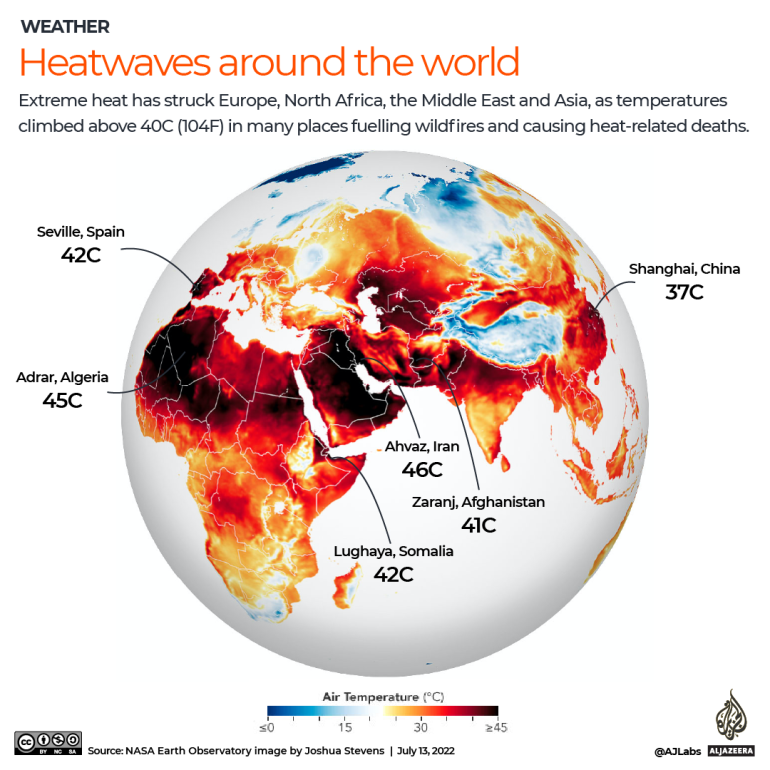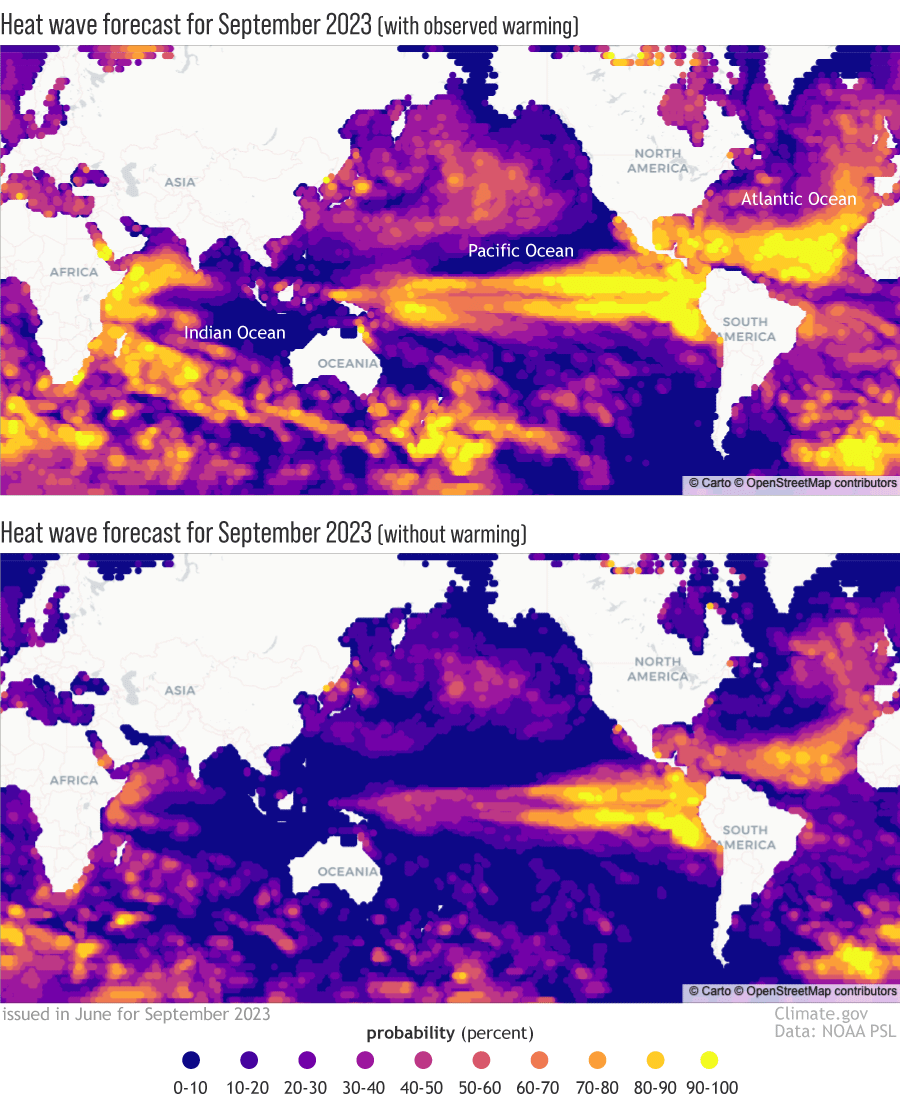

숲사랑기자단 NEWS
| The Price of Convenience: Earth Is Heating Up |
|---|
|
⦁ 등록일 2025-07-17 ⦁ 작성자 김지우 |
|
The Price of Convenience: Earth Is Heating Up
By Aiden Kim Date: June 20, 2025
In today’s world, convenience is all around us. Food is a click away on the phone, rapid transportation exists with electric scooters, and we take speedy delivery for granted with online purchases. Convenient they might be, but the clock cream and mobile manicures we’re so fond of are havin.g a big impact on the environment. This way of life is highly energy-intensive, and most of that energy is still derived from fossil fuels like coal, oil and natural gas, which causes environmental damage.

(“Heatwaves and History: NASA Analysis Confirms 2023 as Warmest Year on Record.” SciTechDaily, 12 Jan. 2024, https://scitechdaily.com/heatwaves-and-history-nasa-analysis-confirms-2023-as-warmest-year-on-record/)
It is recognized by image above, climate scientists from NASA and across the globe said 2023 was a pivotal moment. Last year, despite the COVID-19 downturn, was the hottest year on record, the World Meteorological Organization (WMO) has said. The Earth is now roughly 1.45 degrees Celsius warmer than it was before humans started burning a lot of coal and oil, and that warmth is roiling the climate. That might not sound like a lot, but it comes with real consequences. Hotter weather leads to greater risk of heatwaves, stronger typhoons, flooding and longer droughts. In South Korea, cities including Daegu and Gwangju saw their highest temperatures on record, and more people visited hospitals for heatstroke and dehydration. Seoul had also seen sudden torrential rains recently, triggering street flooding, property damage and even fatalities.  (Ocean Warming Since 1991 Doubles the Size of Marine Heat Wave Forecasted for September.” Climate.gov, National Oceanic and Atmospheric Administration (NOAA), https://www.climate.gov/news-features/featured-images/ocean-warming-1991-doubles-size-marine-heat-wave-forecasted-september)
According to NOAA, electricity and plastic are everyday conveniences we tend to think of as innocuous tools, but manufacturing them carries a heavy but hidden burden. It may not sound like too much to charge a smartphone, but think of the billions of people around the world doing this every day, the electricity consumed results in a large carbon footprint (total greenhouse gas caused by a person, product, or activity). And if that electricity is produced by burning fossil fuels, it directly adds to global warming.
Plastic making also produces large amounts of carbon dioxide. It’s not just an issue of waste, it’s an energy issue. Even the internet and streamed video in turn rely on enormous data centers that burn electricity most of the day. Climate scientists and environmental experts are increasingly speaking out about the crisis. Dr. Lee Jiyoon, one of Korea’s top climate researchers, says that climate change is not a far-off or academic issue, it is already markedly impacting people’s lives, particularly the younger generation.
“We often blame factories or governments, but the truth is, every one of us plays a role,” says Dr. Lee. “Our daily choices, how we travel, what we eat, and what we throw away, all contribute to either worsening or solving the problem.”
Dr. Lee also notes that impact of climate change is not felt equally. The poorest places tend to experience the worst pollution but drew the least benefit from it. Paired with that is an environmental justice issue, which makes climate change a social justice problem.
Schools and communities also can participate by holding clean-up events, planting trees and establishing recycling or compost programs (systems that turn food and plant waste into nutrient-rich soil). Raising awareness of efforts to help others, on social media or in school newspapers, even, reaches additional people who will care and act. The climate crisis is something that we cannot ignore anymore. It’s already changing the way we live from the food we eat to the weather we experience. However, while this situation might seem hopeless, it is not. We still have time to act, and every small step matters. We don’t have to give up technology or modern comfort entirely. But we do need to think carefully about our human choices and consider how they might affect our world. Convenience should not come at the cost of our planet’s future. Because if we don’t act now, the next generation may inherit a planet that is too hot, too dry, and too unstable to live on.
Source: “Heatwaves and History: NASA Analysis Confirms 2023 as Warmest Year on Record.” SciTechDaily, 12 Jan. 2024, https://scitechdaily.com/heatwaves-and-history-nasa-analysis-confirms-2023-as-warmest-year-on-record/. “Ocean Warming Since 1991 Doubles the Size of Marine Heat Wave Forecasted for September.” Climate.gov, National Oceanic and Atmospheric Administration (NOAA),https://www.climate.gov/news-features/featured-images/ocean-warming-1991-doubles-size-marine-heat-wave-forecasted-september. “편리함의 대가, 뜨거워지는 지구.” 00뉴스, 3 June 2024, https://www.00news.co.kr/news/articleView.html?idxno=93947.
Aiden Kim, Reporter at Korea International School
|











